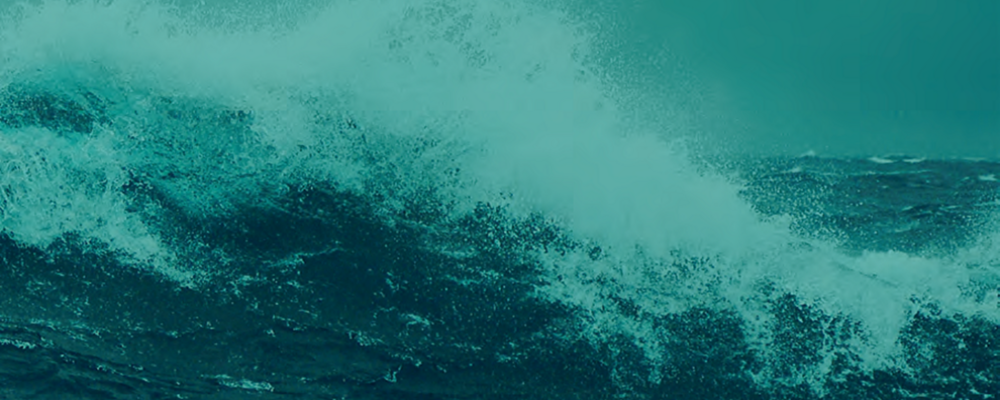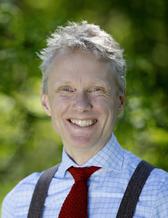50 million SEK to research about sustainable blue economy
The research programme Co-Creating Better Blue, where the University of Gothenburg is the main applicant, receives 50 million SEK from Mistra's call "A sustainable blue economy for Sweden". The programme's goal is to support collaboration for a more sustainable, open, and democratic use of the ocean.
The University of Gothenburg becomes the coordinator of the research programme Co-Creating Better Blue (C2B2). The program receives 50 million SEK from Mistra distributed over four years. In addition, the programme receives an additional 4 million in co-financing from the Västra Götaland region, and 8 million from other actors.
The Swedish Foundation for Strategic Environmental Research (Mistra) supports research of strategic importance for a good living environment and sustainable development.
The purpose of Mistra's programme "A sustainable blue economy for Sweden" is to support the transition to a sustainable blue economy that will improve environmental conditions and increase resilience in ocean areas of relevance to Sweden. The goal is to steer away from strategies for individual sectors, and develop an overall perspective for Sweden's blue economy.

